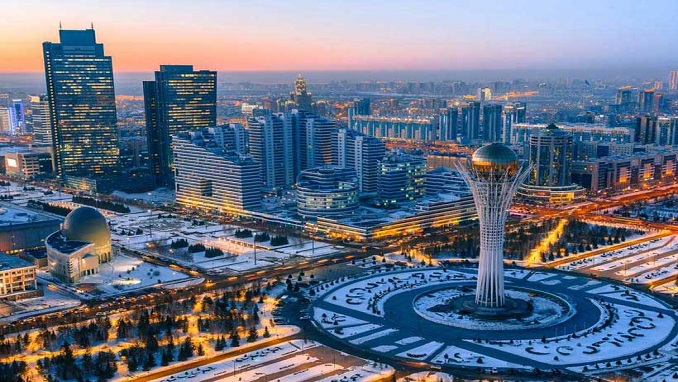The head of the European Bank for Reconstruction and Development (EBRD), Odile Renaud-Basso, recommends that Kazakhstan introduce at least 2GW of new renewable energy capacities by 2025.
She said this during a meeting of the Council of Foreign Investors in Nur-Sultan, local media reported.
“We recommend introducing at least 2 GW of new renewable energy capacities by 2025. And this is very much in line with the ongoing study towards reducing carbon emissions for the energy industry, which the EBRD, together with USAID, is completing for the Ministry of Energy. The lesson that the whole world has learned is that RES is the most cost-effective and sustainable in terms of energy decarbonization.” said Odile Renaud-Basso.
In particular, RES has been shown to be cheaper and more feasible than carbon capture and storage. High levels of RES penetration can be achieved without compromising the safety of the system, provided that, along with generation, reasonable investments are made in energy storage, the EBRD official said.
According to her, to date, the EBRD has financed the commissioning of 50% of new renewable energy capacities in Kazakhstan.
“And we will continue to provide funding and support for policy reforms to attract more private investment in this sector,” the head of the bank stressed.
Last year, the EBRD invested more than $630 million in the Kazakh economy, more than 40% of which was green investments.
“We expect the share of green investment to grow in the coming years. The global approach to combating climate change is evolving rapidly. Kazakhstan became the first in the region to commit itself to achieving carbon neutrality by 2060. We all know how important it is to fulfill these obligations. Finding ways for Kazakhstan in this new world is very difficult,” Odile Renault-Basso noted.

